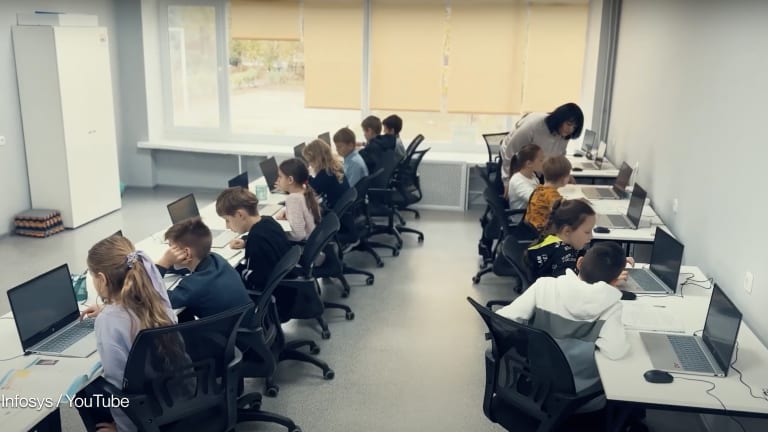International development is like any industry - companies want to know how they can do business with other organizations, and in this case, the funding agencies.
But before any firm approaches these institutions, it should be aware of the conditions that could restrict its eligibility to do so. Some countries like the U.K. and Australia have untied their aid programs and as a result, nationality is no longer an issue when bidding for contracts funded by their respective development agencies. The Organization for Economic Cooperation and Development created a Web site that publishes a list of untied aid projects. Devex also posts such information on its ”Projects & Tenders” page.
Although not all donors provide tips on how to seek and compete for opportunities, some of the major ones as well as U.S. and Canadian government bodies do. Interested firms can find them readily at the agencies’ Web sites or through a quick online search.
This story is forDevex Promembers
Unlock this story now with a 15-day free trial of Devex Pro.
With a Devex Pro subscription you'll get access to deeper analysis and exclusive insights from our reporters and analysts.
Start my free trialRequest a group subscriptionSearch for articles
Most Read
- 1
- 2
- 3
- 4
- 5








